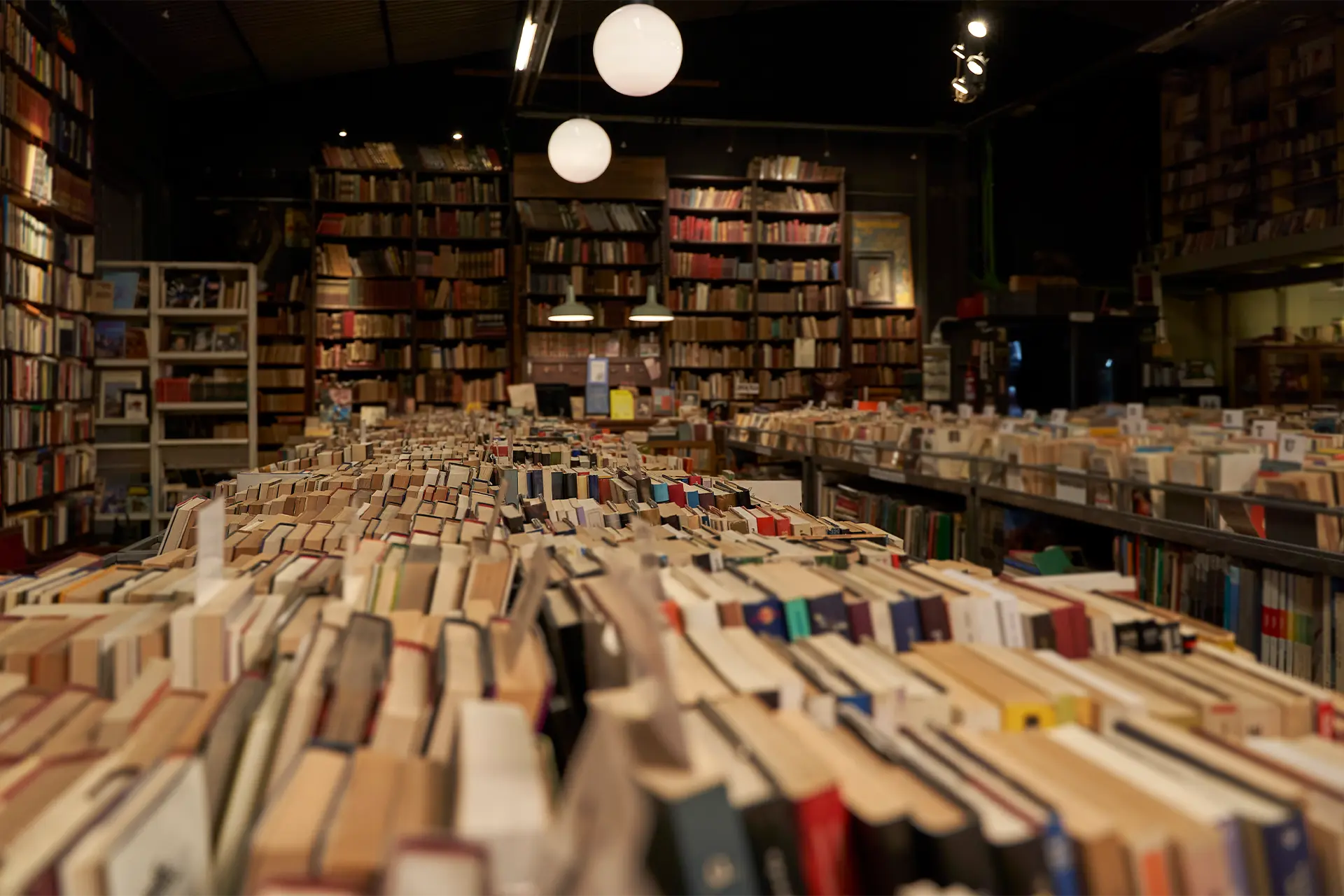
What makes a short story great?

The best stories crackle with a kind of electricity, but why they grab us can be hard to articulate. A new podcast is trying to find the answer
Published 22 August 2025
It’s a question that’s been around for as long as we’ve been telling stories.
Is it our connection with the characters? Is it the beauty or the quality of the writing? A hook that makes the story compelling?

It was this question that we set out to answer in our new podcast, Unfolded.
Unfolded brings together some of Australia’s favourite writers, with a selection of their short stories performed as audio fictions by alumni actors from the Victorian College of the Arts.
We then dive deep into the story with each author, going inside the mechanics of the story, where it came from and what it means to them.
While each author’s inspirations and ideas were as different as their stories, there were some recurring themes that emerged that might give us a clue to the answer to that age-old question.
Collect inspiration
For some writers, inspiration comes from a specific time or place: a research trip to the Northern Territory and the wildest day out at the pub; a quiet afternoon in the local park.
Others actively seek inspiration by engaging with other works of art, across literary and other mediums. For example, Claire G. Coleman told us her story Ancestral Memory / As slippery as an eel was written in response to a pair of artworks, Ancestral Memory I & II (2019), by Maree Clarke.

However, it is rare for these stories to come to writers as one, finished product. More often, it comes from a collection of ideas or experiences, sometimes years apart.
To write well – read better
Our authors were all prolific short story writers, and perhaps more importantly, readers. A universally agreed upon truth was that to write well, one needed to read better.
Sometimes stories form as a kind conversation with another work or author. Miriam Webster says the formative moment in her own creative writing practice was a class taught by fellow Unfolded guest Paige Clark.
“[Paige] said, ‘Don’t worry about originality. Originality is a redundant category, because all contemporary writing already suffers from the affliction of polyvocal intertextuality.’
“That was like the green light for becoming a writer for me, because it removed this horrible burden of making something new, what you have to do is put your work in conversation with the other work that you love.”

Be authentic
There is a sense of truth and life at the heart of all these stories, even in their most surreal moments.
In Paige Clark’s It’s Possible, the details of a suburban playground conjure memories in the reader/listener. Paige’s park becomes parks we all know, with playgrounds and dog areas, the threat of the busy street on its border and suburban mums giving their toddlers croissants.
The same can be said for Laura Jean McKay’s Territory, which paints a vivid picture of an Australia few of us have seen, of dried creek beds and outback pubs.
The pig hunt is an experience that Laura herself had, and the story is recreated from her journals.
She puts the sense of authenticity in Territory down to the openness of the ‘pigger’ community, and their willingness to embrace her on this research trip.

Arts & Culture
Australian books you might have missed in 2024
While the undercurrent of violence was also real, she notes that it was the warmth and generosity of the people that allowed her to write the story.
Speculate
Short stories are a perfect form for experimentation. They lend themselves to an element of the surreal, or a blurring of the edges between fiction and reality.
This was a common theme across all the stories of Unfolded – a consideration of how the absurdities of the real world might be captured and amplified in these stories.
In some cases, these were small ideas and moments that allowed an author to consider a greater issue, like the sense of unease felt by a young mother in It’s Possible, or the fate of our environment, but embodied in a talking table, as seen in Frankey Chung-Kok-Lun’s How to make a table from memory.
Leaning into the realm of the ‘speculative’ (of science fiction, fantasy and magic realism) also gives stories a sense of accessibility.
These may come from ideas that sound bizarre, but the real world can be so much stranger than fiction, as Chris Flynn illustrated with a story about seeing a stuffed koala being retrieved from the bush on his Sunday run.
Claire G. Coleman notes that roughly half of all humans were born after the release of Star Wars. These are the genres that have shaped our contemporary mythologies and consciousness.
When we want to communicate challenging ideas, these are the forms that people relate to.
Become the audience
We had some beautiful moments listening to the authors respond to hearing their works performed.
For some, this was quite an emotional experience. For others, there was a moment of shock (Laura Jean McKay spoke about her surprise at the choice of a male narrator).

Sciences & Technology
The spambots are coming for your job, Aldous Huxley
In all cases, there was an element of surprise, as authors heard things or acknowledged ways of interpretation that changed the work for them.
These performances reframed the solo work of the writer as a more collaborative experience, where the voices and craft of the actors shone, something that every writer admired.
The Unfolded podcast is supported by the Melbourne Public Humanities Initiative.
Season one features writers Chris Flynn, Laura Jean McKay, Frankey Chung-Kok-Lun, Paige Clark, Miriam Webster and Claire G. Coleman. Listen to Unfolded now.

